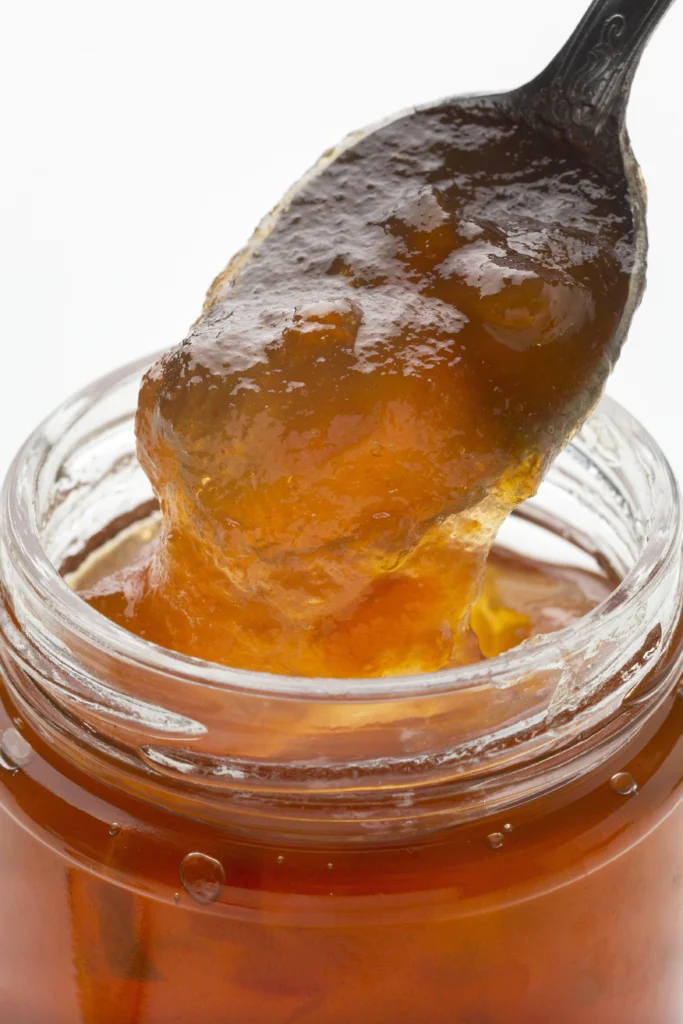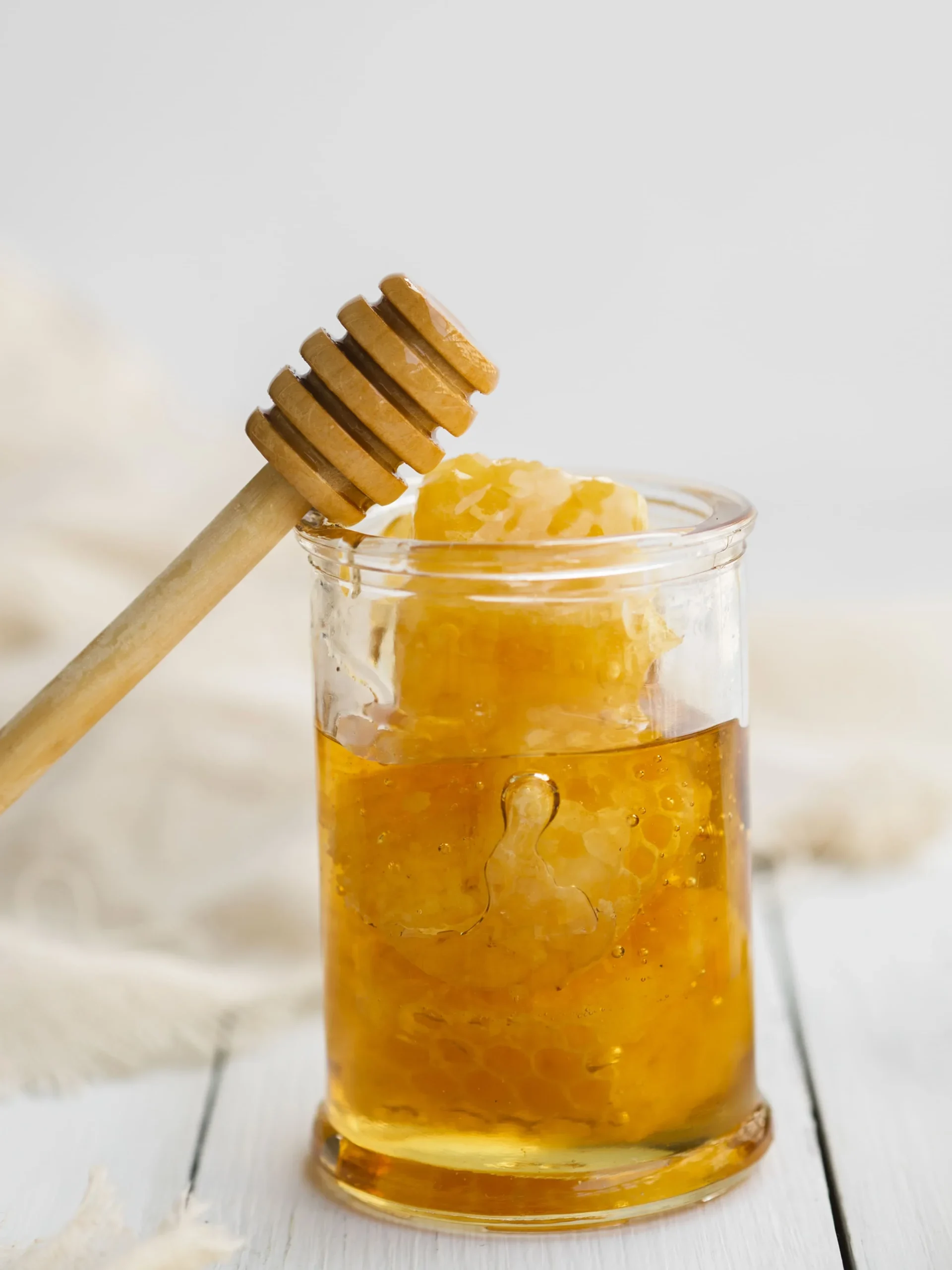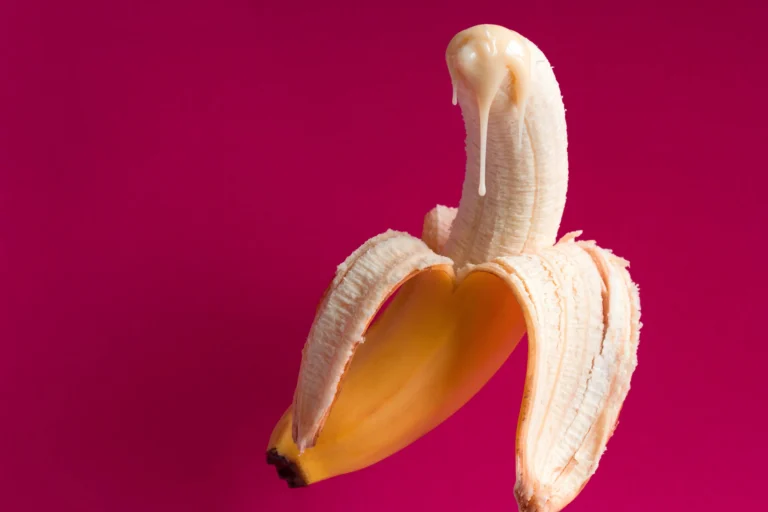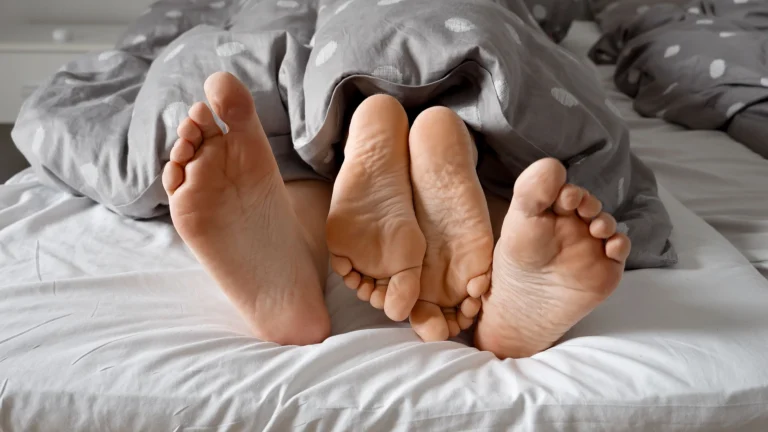
Why does honey crystallize? Everything you need to know about its shelf life and crystallization
Honey has been used for centuries as a sweetener, energizer, and even as a natural medicine. But, although it’s known for its long shelf life, many people wonder: Does honey expire? Can it go bad? And if it crystallizes, does that mean it’s no longer good? That’s why we want to clear up any doubts…
Does honey expire?
Pure honey, properly stored,does not expireThanks to its chemical composition, with low water content and high sugar concentration, honey inhibits the growth of microorganisms. This makes it a naturally stable and long-lasting product.
In fact, honey has been found in Egyptian tombs over 3,000 years old and is still edible. However, this doesn’t mean it can’t change.

Why does honey crystallize?
The crystallization of honey is a process naturally reversible. It does not indicate that it is damaged, but rather that its natural properties are intact.
This occurs when glucose (one of the main sugars in honey) separates from the water and forms crystals. Some variables that influence this process are:
- Composition: Honeys with a higher amount of glucose crystallize faster.
- TemperatureStoring honey between 10 and 15 °C accelerates crystallization.
- Origen floral: certain flowers produce honeys that crystallize more than others.
Can you eat crystallized honey?
Yes, absolutely. Crystallized honey is still perfectly safe and edible. Its flavor can be even more intense, and its texture is ideal for spreading.
How to fix crystallized honey?
If you prefer your honey in a liquid state, you can easily reverse crystallization:
- Place the jar in a container with warm (not boiling) water.
- Keep it there for several minutes, stirring occasionally.
- Avoid using microwaves or heating directly on the fire, as this can damage its enzymes and properties.
It is not advisable to repeat this process many times, as excessive heat affects the quality.
How do you know if honey is spoiled?
Although honey doesn’t expire easily, it can deteriorate if stored improperly. Some signs that it may be compromised include:
- Presence of foam or fermentation.
- Sour or alcoholic odor.
- Strange liquid separation.
In these cases, it’s best to discard it. But if it’s only crystallized, it’s still safe.
Should honey be refrigerated?
No.Refrigerating honey accelerates crystallization and can affect its texture. It’s best to store it:
- In an airtight jar.
- At room temperature (20-25°C).
- Away from direct sunlight.
Can you use expired honey?
If you see an expiration date on the label, it’s due to product regulations, but not because the honey actually expires. If it shows no signs of fermentation, you can use it with confidence.
And what about magic honey?
Magic Honey, containing a high percentage of pure honey (97%), can also crystallize over time, especially if exposed to cold. This does not affect its energizing properties or safety.
However, since it also contains other natural ingredients, its shelf life will depend on storage quality. It is recommended to consume it within 3 years of manufacture and store it away from heat and humidity.

Frequently Asked Questions
Can I use 5 year old honey?
Yes, as long as it has been stored properly and shows no signs of deterioration.
Can you eat 50-year-old honey?
Technically, yes. There are documented cases of ancient honey in perfect condition. The key is storage.
Is crystallized honey still good?
Of course. Crystallization is only a change in texture, not quality or safety.
So…
Honey, whether pure or in products like Magic Honey, is one of the most stable and noble foods in existence. Its crystallization shouldn’t alarm you: on the contrary, it’s a sign that it’s alive and natural. And even though it may have a date on the label, if it looks good, you can continue enjoying it.
Final advice:Store your honey in a cool, dark, dry place. And if it crystallizes… don’t throw it away! Let it flow again with a little gentle heat.





